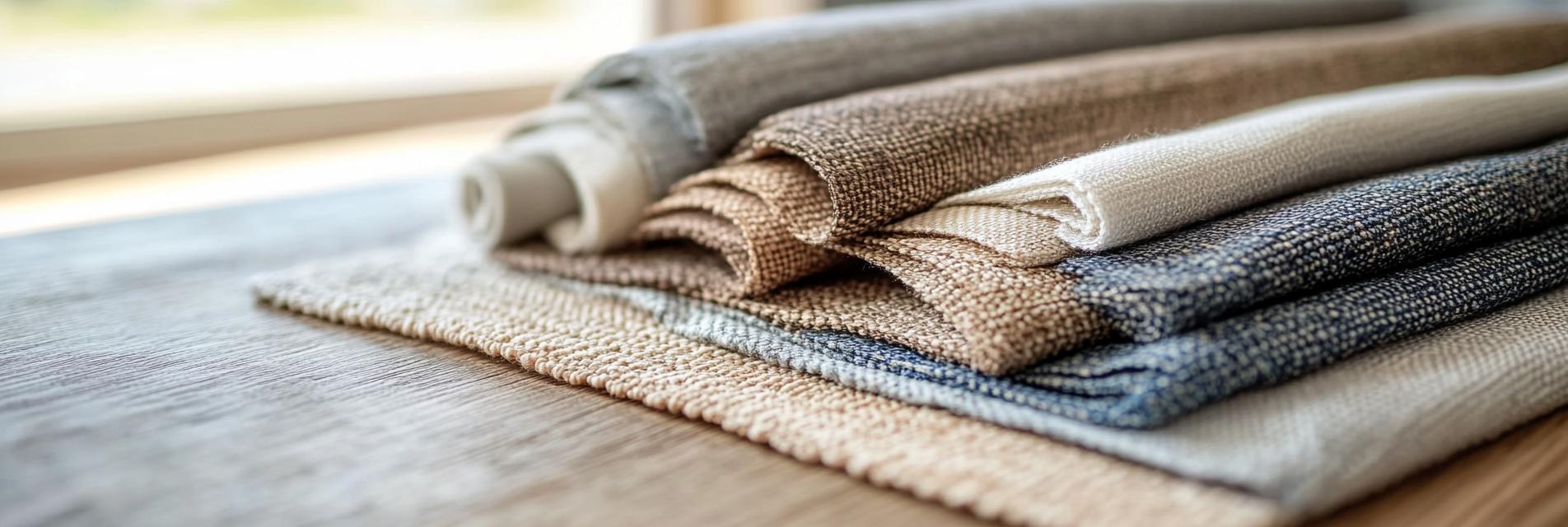In recent years, the concept of economic fashion has gained significant attention as consumers become more conscious of their choices. This article explores the everyday fabrics that are not only practical and affordable but also align with sustainable practices. As a leader in the marketing sector, I find it crucial to stay informed about the developments in textile innovation that cater to modern consumer needs.

The fabric industry is witnessing a transformation as brands seek to diversify their offerings beyond conventional materials. Everyday fabrics such as organic cotton, recycled polyester, and Tencel are becoming more popular. These materials not only provide comfort and durability but also reflect a commitment to environmental sustainability.
Sustainability in fashion has transcended being a mere trend; it is now a necessity. Fabrics that utilize renewable resources or are produced using environmentally friendly processes are gaining traction. For instance, organic cotton uses fewer pesticides, while recycled materials help reduce waste. As a marketing leader, I believe it is essential to promote these sustainable choices to our customers.

Innovation plays a vital role in transforming everyday fabrics. Advances in textile technology have led to the creation of smart fabrics and multifunctional textiles that enhance both functionality and aesthetics. This innovation not only appeals to the fashion-forward consumer but also drives higher sales volumes in the market.
The landscape of economic fashion is rapidly evolving, thanks to groundbreaking developments in everyday fabrics. By prioritizing sustainable materials and embracing textile innovation, we can cater to the modern consumer while fostering a more environmentally friendly industry. As we move forward, it is imperative for marketing strategies to align with these values to ensure long-term business growth and customer loyalty.
